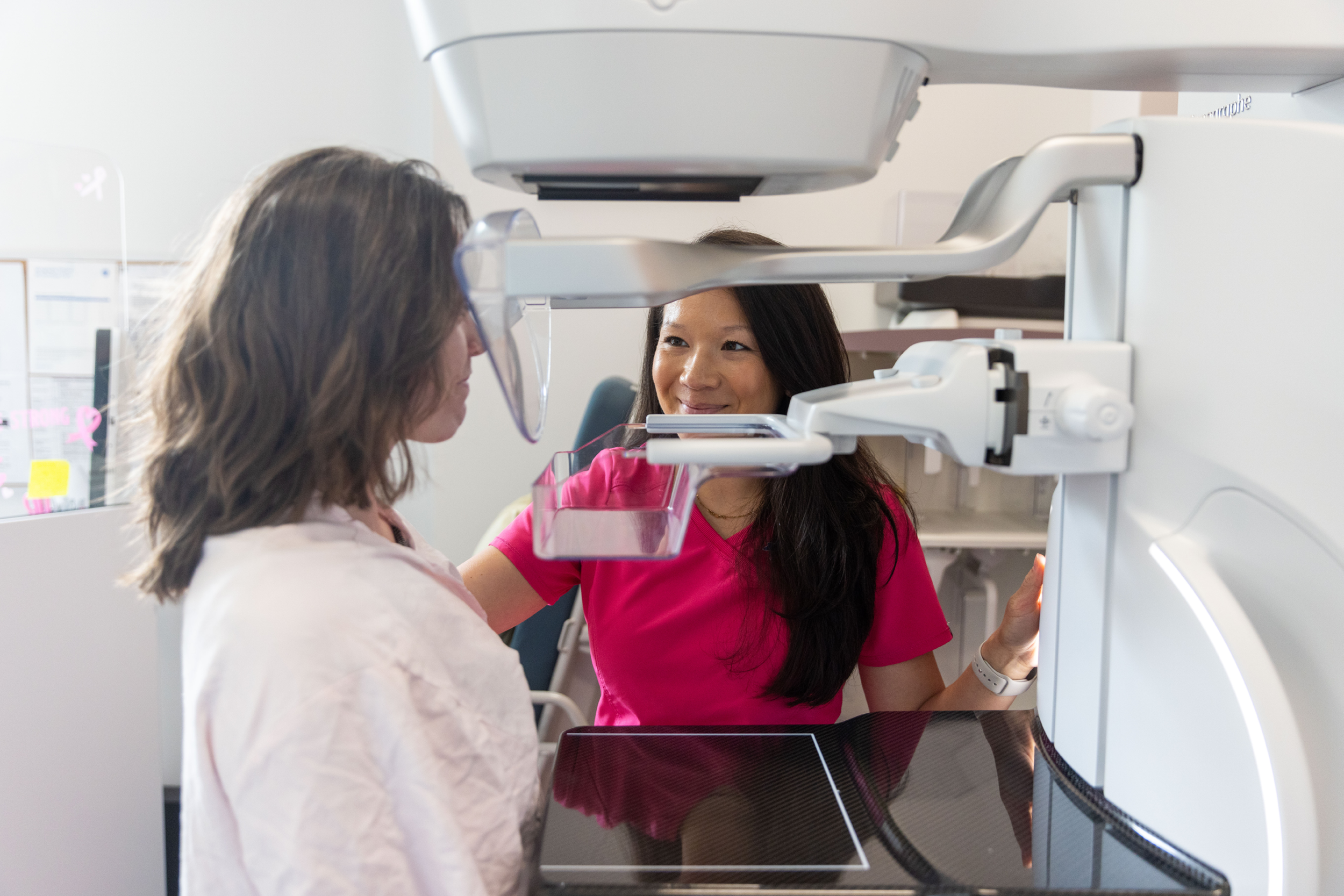Preventing Breast Cancer
October is Breast Cancer Awareness Month, a time dedicated to raising awareness about breast cancer prevention, early detection and honoring those who have been affected by this disease. With one in eight women expected to be diagnosed with breast cancer in their lifetime, it stands as the second most common cancer among women. This month serves as a crucial reminder of the importance of understanding your risk, getting regular screenings, and adopting preventative measures.
Knowing Your Risk
Breast cancer risk factors can be divided into those you can and cannot change. While some factors are beyond your control, knowing them is important for managing your health. Key risk factors include:
-
Being over the age of 50.
-
Inheriting the BRCA1 or BRCA2 gene mutations.
-
Having dense breast tissue.
-
Having a personal or family history of breast cancer.
Understanding these risks allows you to have informed discussions with your healthcare provider and ensures you monitor your breast health more closely.
Getting Screened
Early detection is one of the most powerful tools in the fight against breast cancer. Regular screenings, such as mammograms, can detect breast cancer before symptoms appear, making it easier to treat and significantly improving the chances of survival. It is recommended that women begin annual mammograms starting at age 40 or earlier if they are at a higher risk. These screenings are not just a routine; they are lifesaving measures that have the potential to reduce breast cancer mortality by detecting the disease at its most treatable stage.
Preventative Measures
While you cannot change certain risk factors, there are several lifestyle choices you can make to reduce your risk of developing breast cancer. Maintaining a healthy weight, limiting alcohol consumption, staying physically active, and avoiding tobacco use are all necessary preventative measures. Additionally, discussing the option of chemoprevention or even prophylactic surgery with your doctor can be an important step for those at high risk.
This October, take the time to educate yourself about breast cancer, understand your personal risk factors, and engage in open conversations with your healthcare provider about screening and prevention strategies. Awareness, early detection, and proactive health management can make a significant difference in the fight against breast cancer.

